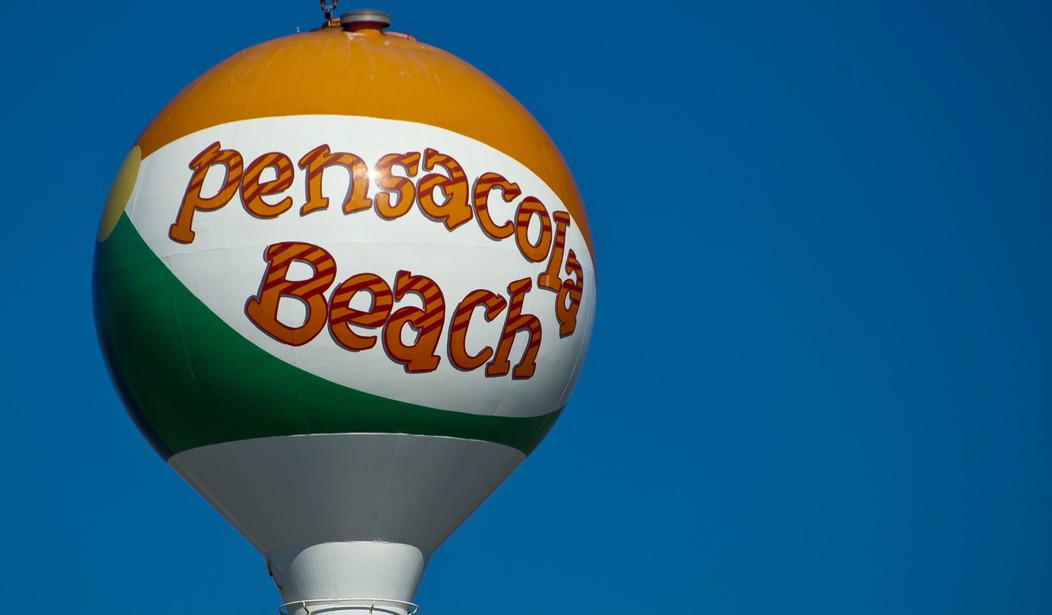The City of Five Flags is filled with monuments and symbols reflecting its deep and varied history. Many people may be unaware, but Pensacola was settled before the town of St. Augustine. A hurricane wiped out the first settlement, but the area is still dotted with centuries-old cemeteries, forts, and statues commemorating historical figures. Possibly no more important monument is a 34-foot tall cross in one of the city’s parks. It’s also a monument that is at the center of a legal fight.
This past summer, federal Judge Roger Vinson ruled that “the Bayview Cross violates the Establishment Clause of the First Amendment to the United States Constitution, as interpreted by the Supreme Court and circuit precedent, and it must be removed within thirty (30) days.”
Represented by the Becket Fund for Religious Liberty, the City of Pensacola filed an appeal on September 26. A press release from BFRL states, “The case presents important questions of the relationship between church and state.” According to the filed appeal,
The issues in this appeal are:
1. Whether Plaintiffs have standing to sue when they have not incurred any cost to avoid the allegedly “offensive” monument.
2. Whether Pensacola is violating the Establishment Clause by declining to remove a monument that was erected over 76 years ago and is now one of over 170 expressive displays in Pensacola’s parks.”
The Becket Fund for Religious Liberty’s press release details the history of the Bayview Park cross:
A wooden cross was first placed in Pensacola’s Bayview Park in 1941 by the local chapter of the Junior Chamber of Commerce (Jaycees)—a private, civic, nonprofit organization—as the United States prepared to enter World War II. The original wooden cross was replaced with the current cross by the Jaycees in 1969. For decades, the Jaycees and other groups have hosted community events at the memorial, including Veteran’s Day and Memorial Day remembrances. Today it continues to serve as a gathering place for both religious and nonreligious groups within the Pensacola community as a significant symbol of the city’s history.
After three-quarters of a century of standing inoffensively in Bayview Park, the American Humanist Association and the Freedom from Religion Foundation sued the city on behalf of four people who claim that the cross offends them. Three of the plaintiffs either never lived in Pensacola or have since moved away (two of them have moved to Canada since the original lawsuit) and the fourth plaintiff admitted in court to using the cross during his satanic rituals. As Pensacola’s appeal comically points out, “The last plaintiff not only lacks any injury, but negated any claim of injury by reserving the cross and using it for his own ‘satanic purposes.'”
Besides the obvious grandstanding by the plaintiffs in the original lawsuit, the appeal points out:
The cross memorializes how private citizens in Pensacola came together to support each other during World War II, and it acknowledges ‘the role of religion in American life’—which is expressly permitted under Van Orden, 545 U.S. at 686. Thus, keeping the cross has an obvious secular purpose: to preserve part of Pensacola’s rich history and culture.
The ruling on Pensacola’s appeal will provide a precedent for either common sense or liberal activism.









Join the conversation as a VIP Member